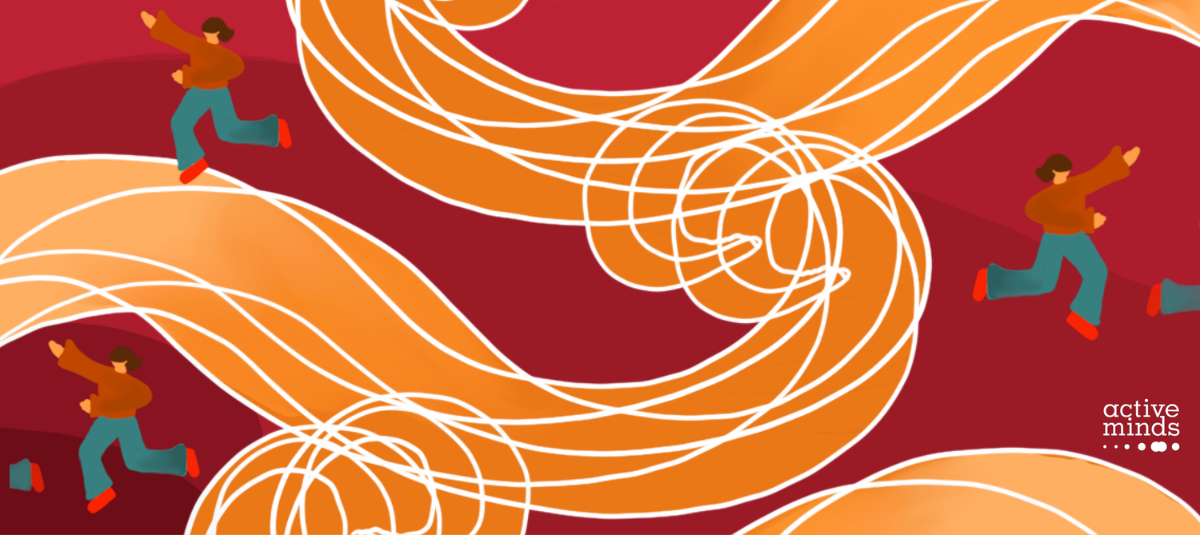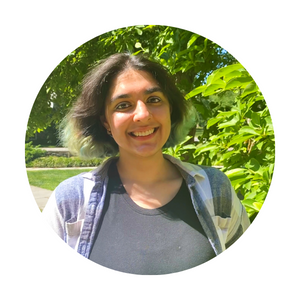College is everything they tell you it will be: challenging, freeing, exhausting, exhilarating, and so much more. It tests you at every corner, never giving you a break before a new challenge meets you at the next turn.
Of course, I was prepared for the start of my first semester. How could I not be? I was thoroughly equipped with my parent’s countless impromptu advice sessions, a class schedule perfectly curated for my three majors, and enough school supplies to last me years. Even then, ready and prepared, I ended up finding myself incapable of facing one of life’s most difficult challenges.
Knowing yourself.
When I was first confronted with this new challenge, I was confused. The advice was there. Are you having difficulties at school or work? Try pursuing a field that best matches your work habits and patterns! Are you struggling with self-care and maintenance? Try working with your preferences to curate a personalized healthy lifestyle! Are you having trouble with relationships? Try identifying your relationship needs and how they might match or conflict with those you consider close. In theory, the concept is simple: work to your own needs, work to your own habits. Know yourself, and success will follow.
I remember being so confident that I had everything figured out. If I couldn’t focus in a quiet library, I’d go to a busy cafe. If caffeine made me sleepy, I’d just drink a cup of coffee at bedtime. If I had too much energy one day, I’d just pace back and forth a while. Easy as can be.
That summed up my freshman year: coffee refills, minimal sleep, and an increasing silent restlessness. Sophomore year brought much of the same; but, I was also beginning to feel worn down, unable to keep up with the lifestyle I thought I needed to function.
Sophomore year also came with something else: a comment, made in passing, that would set me on a new path. I just didn’t know it yet.
“You drink coffee to sleep? Yeah, I used to do that before I was diagnosed with ADHD.”
“Huh,” I thought. “What a strange coincidence.” I had never considered ADHD as a potential culprit to my endless downwards spirals. No, why should it have been? ADHD was only present in young children who were unable to sit still at their desks. I never left my desk, albeit my shaking legs would’ve liked me to. ADHD was a lack of attention and an excess of energy. How could that apply to me, the shy kid who spoke not a word unless spoken to and who moved not an inch unless instructed to do so?
Nevertheless, I couldn’t let it go. This idea that ADHD might be the missing puzzle piece I was looking for. I began researching how to take the first steps towards getting a diagnosis but quickly learned that even as an adult, finding mental health help can be a confusing and inaccessible process. I spent the semesters during the height of the pandemic endlessly looking for testing, resources, and support. I jumped through many hoops to finally schedule an official evaluation.
Finally, in September of 2020, I was diagnosed with ADHD. The diagnosis was like a breath of relief. Nearly twenty years of differences and difficulties I’d written off as “quirks” were contextualized in one large picture. After years and years of repeating the same patterns of mental health struggles, I had an answer.
This diagnosis was not, by any means, a “cure” to all mental health struggles. They are still present, spanning throughout my junior year into my current senior year. The differences that I face from before the diagnosis are the tools and skills I’ve acquired through accessing support, and the knowledge I’ve gained regarding how my brain functions and how I can best adapt for my success. Now, instead of fighting myself and the moments where I felt incredibly hopeless and incapable, I can face myself and ask what is and what isn’t working, leading to more effective, personalized coping methods. In essence, with this new understanding, I can be more patient with myself and my mental health. What’s even more important is that this patience has led to more comfort with reaching out for support when needed.
Is it still difficult? Yes. Nearly twenty years of not knowing how I, myself, functioned has resulted in a lot of cognitive and behavioral structures I must reconstruct myself. But is it impossible? No, not in the slightest. I have support I can access as I work to build a far more productive and healthy relationship with myself and my mental health.
Overall, despite the hardships, I couldn’t value my diagnosis more. Rather than feeling like a constricting label, something to be ashamed of, it has felt freeing. College, as well as being independent for the first time, are not without their challenges, but understanding my mental health, myself, and receiving help when I did, has made it all easier to manage.




